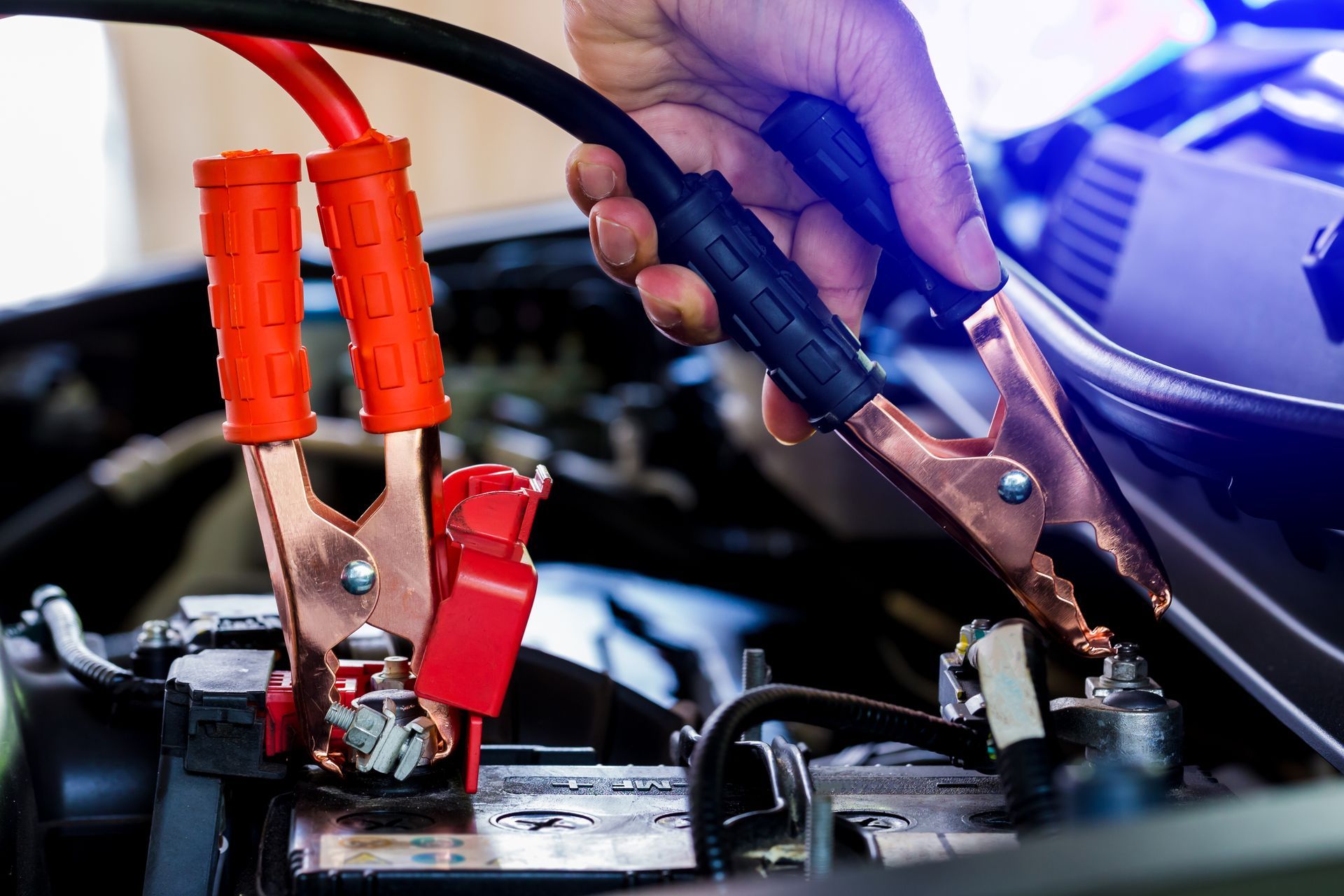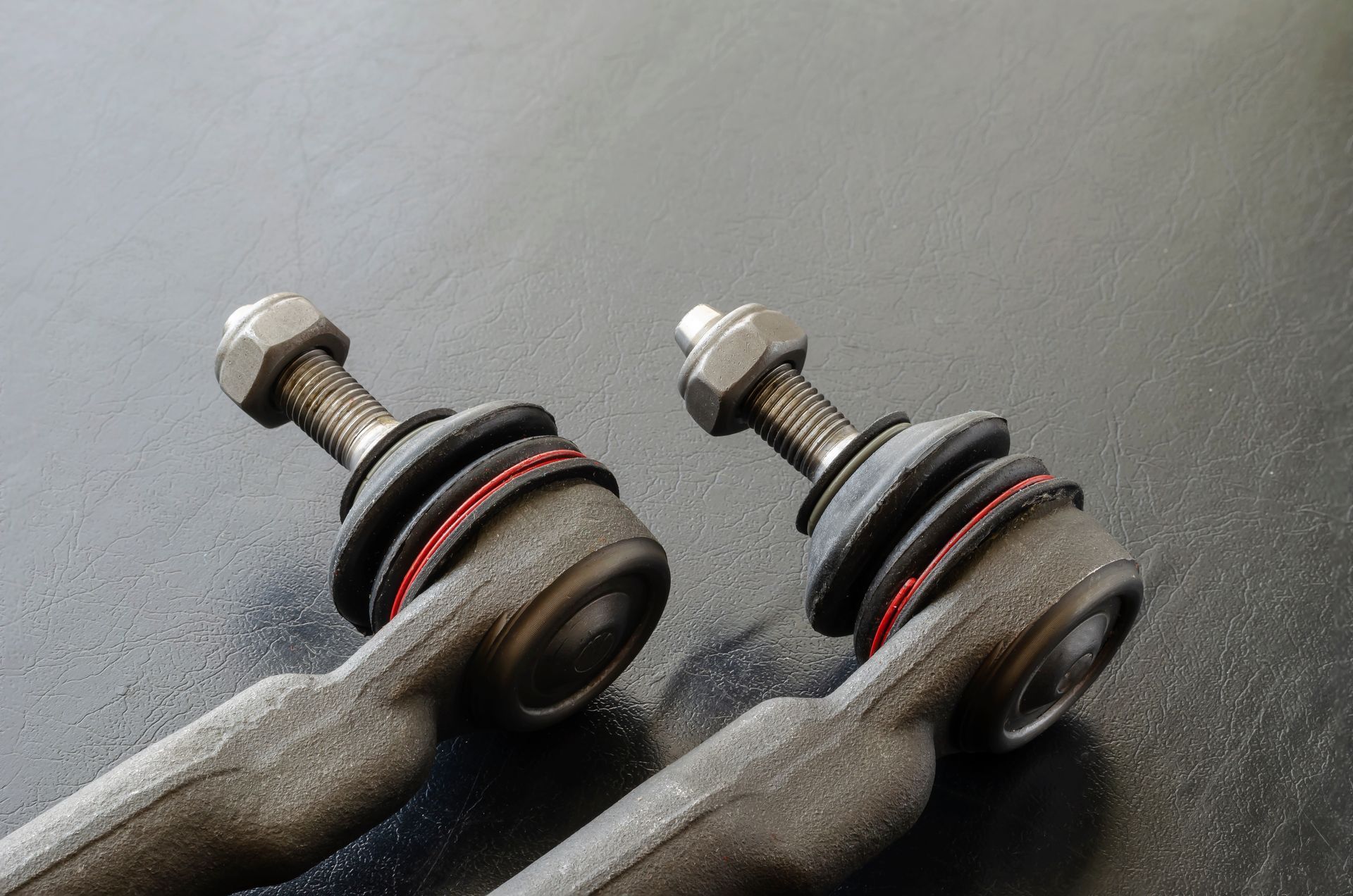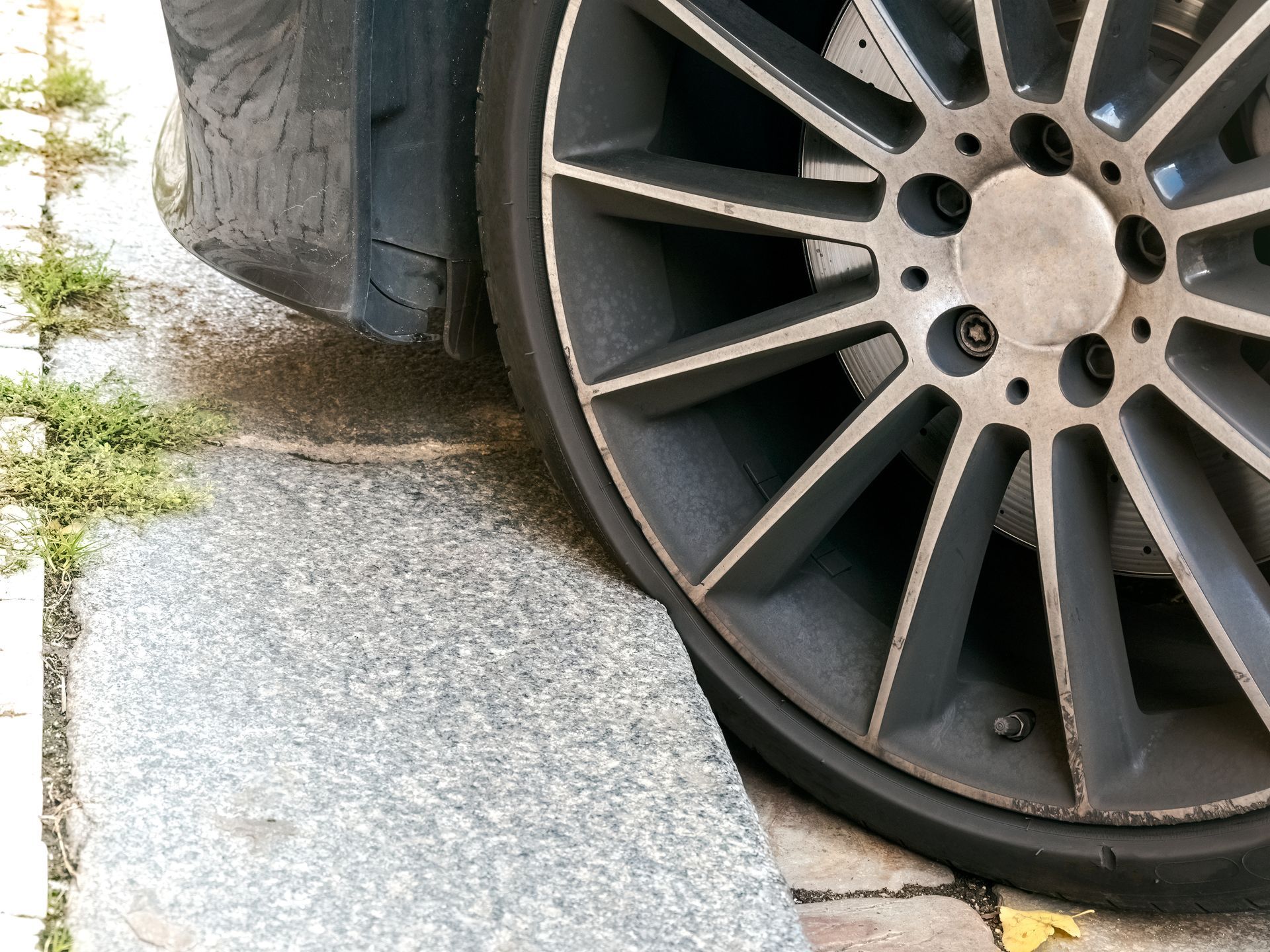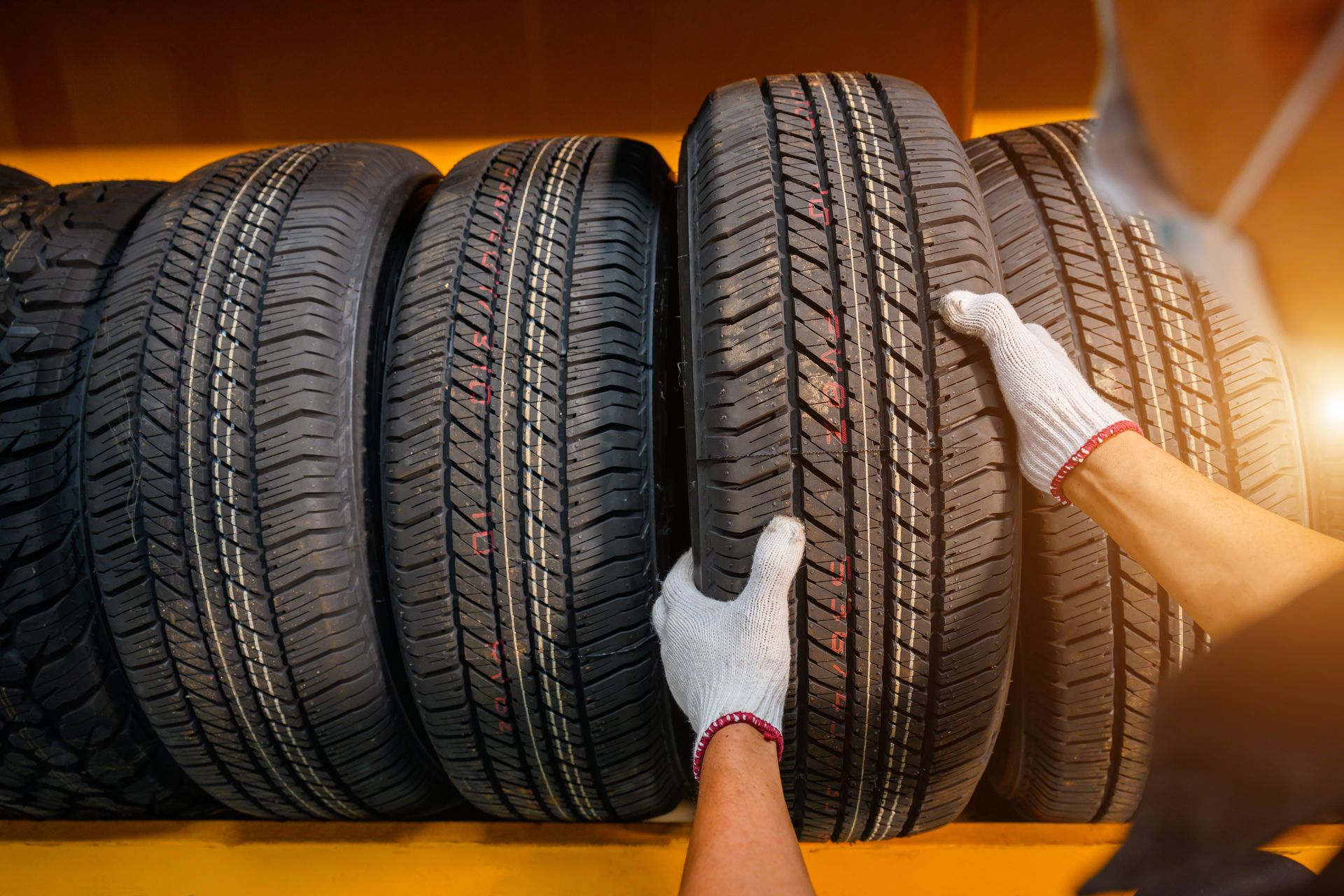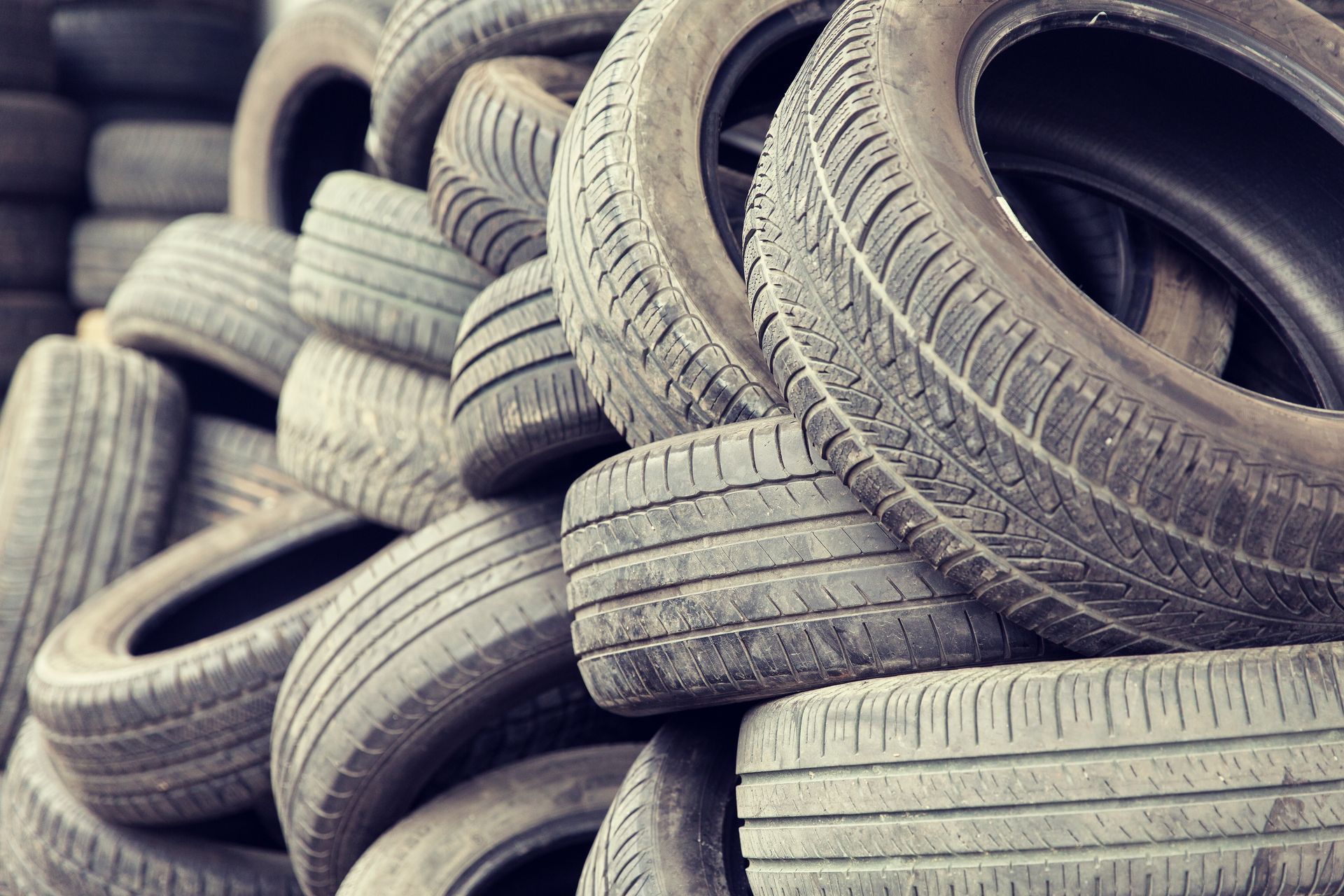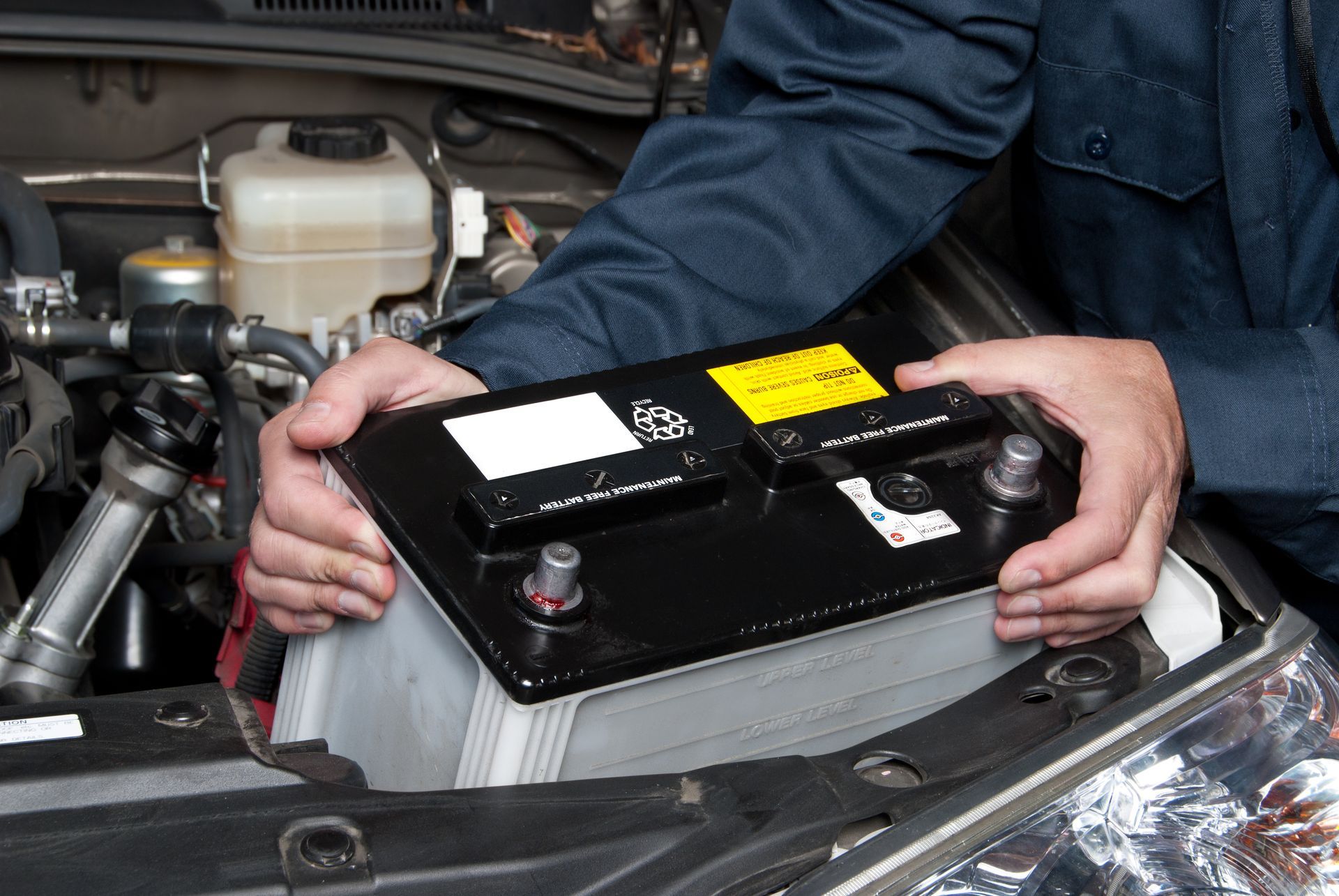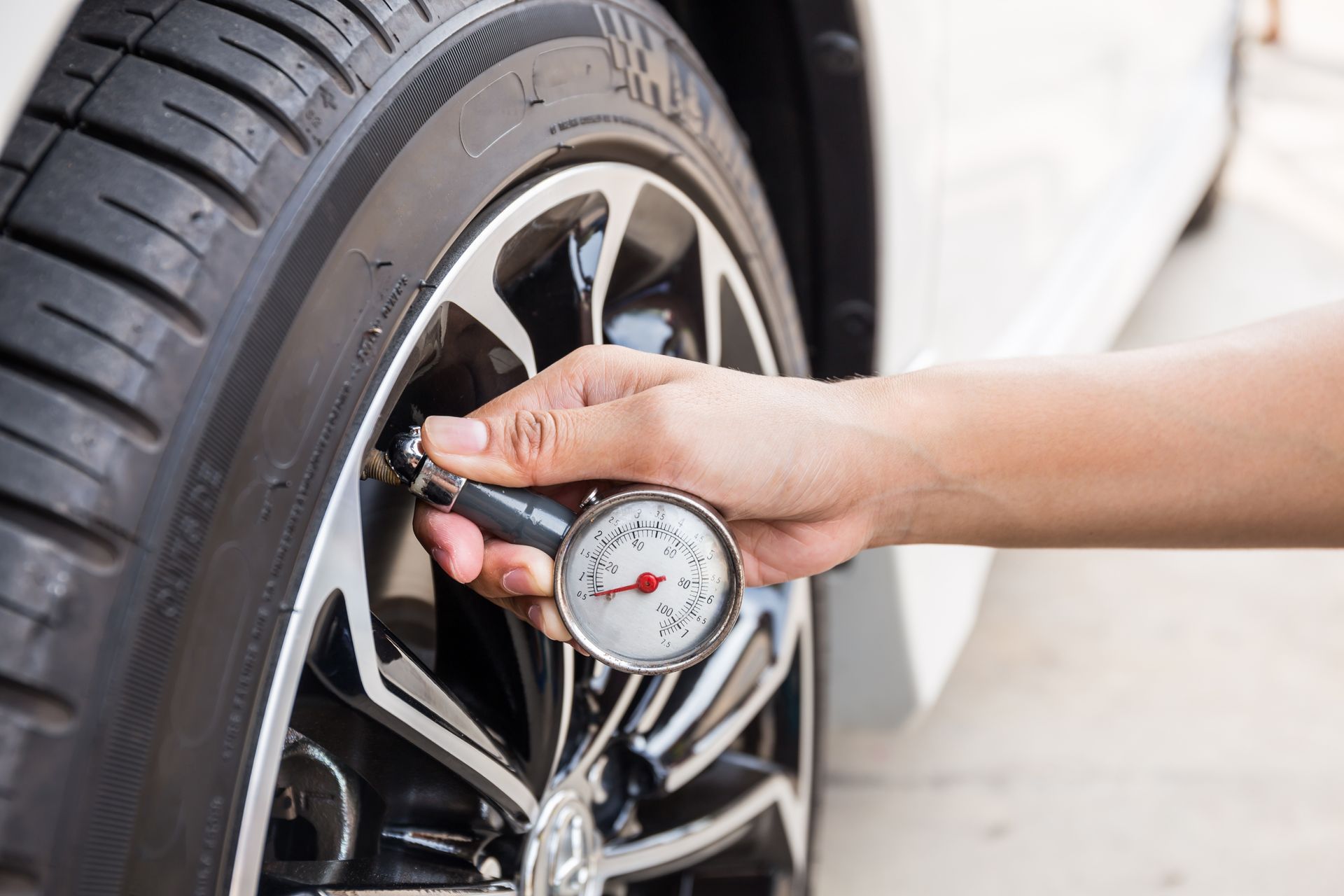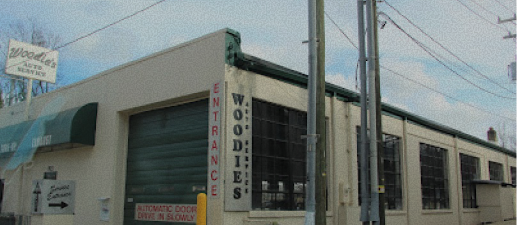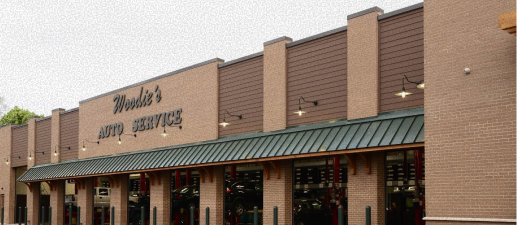How Do I Know If My Fuel Pump Is Damaged from Running Out of Fuel?
October 31, 2024
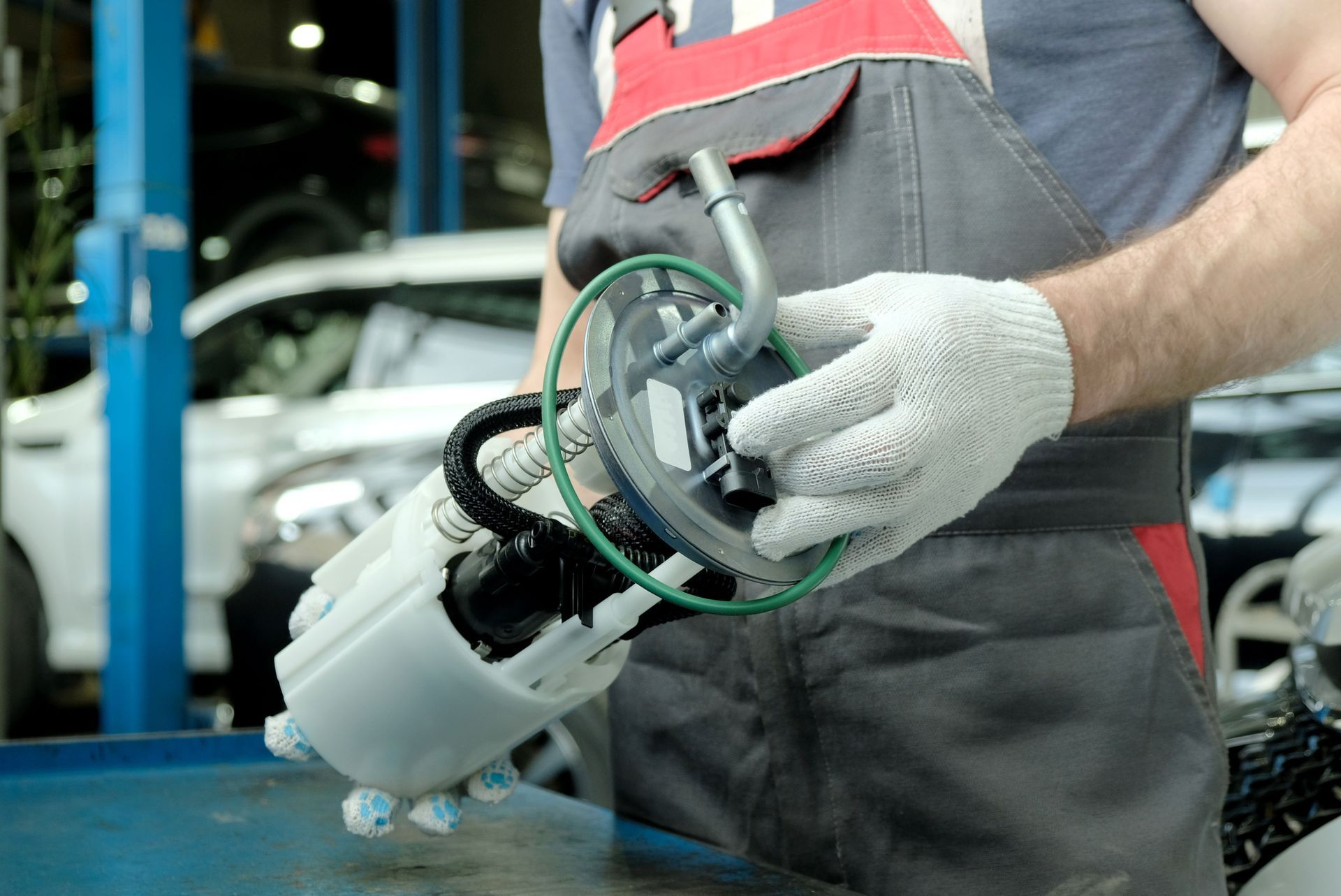
Running out of fuel isn’t just an inconvenience—it can also have long-term consequences for your vehicle, particularly your fuel pump. While it may seem like a harmless mishap, driving until your tank is empty can damage your fuel pump. But how do you know if running out of gas has affected your fuel pump?
Why Running Out of Fuel Affects Your Fuel Pump
Your vehicle’s fuel pump plays a critical role in supplying your engine with the gasoline it needs. It’s usually located in the fuel tank and uses gasoline not only as a power source but also as a lubricant and coolant. When your tank runs dry, the pump is forced to work harder without the necessary fuel to keep it lubricated and cooled, which can cause it to overheat and wear down faster.
In essence, your fuel pump can overheat or even seize up when the fuel level gets too low. Repeatedly running on empty can lead to pump failure, and that’s when you’ll start noticing symptoms of damage.
Common Signs of a Damaged Fuel Pump
Wondering if your fuel pump has been harmed by running out of fuel? Here are the most common signs to look for:
1. Difficulty Starting the Car
If your vehicle struggles to start after running out of fuel, it could be a sign that your fuel pump has been damaged. When the pump isn’t functioning correctly, it may not deliver enough fuel to the engine, making the starting process more difficult than usual. You might hear the engine crank, but it will either take several attempts to start or fail to start altogether.
If this becomes a recurring issue, it’s a strong indication that the fuel pump is not performing as it should.
2. Sputtering or Stalling While Driving
One of the clearest signs of fuel pump damage is sputtering or stalling while driving. If you notice your car sputtering or cutting out when accelerating or cruising, it means the fuel pump isn’t delivering fuel to the engine at a consistent rate. This often happens when the pump is strained from overheating, especially after running the car with low or no fuel.
This stalling can happen sporadically, so keep an eye on whether your car’s performance becomes unreliable, especially when trying to accelerate or climb hills.
3. A Whining Noise from the Fuel Tank
A healthy fuel pump should be fairly quiet when it’s working. However, when it starts to fail, you might hear a high-pitched whining or buzzing noise coming from the fuel tank. This noise is a result of the pump working harder than usual because it’s no longer being lubricated properly by the fuel.
If you notice this noise, it’s a telltale sign that the pump may be damaged and could be on the verge of failing completely.
4. Loss of Power When Under Load
Another sign of a failing fuel pump is when your car loses power, particularly when it’s under load, such as when driving uphill or carrying heavy cargo. This happens because the fuel pump isn’t delivering enough fuel to the engine when it needs it the most.
If you find that your car struggles during these situations and feels underpowered, it’s time to get your fuel pump checked.
5. Decreased Fuel Efficiency
A malfunctioning fuel pump can lead to inefficient fuel delivery, which means your engine will need more fuel than usual to generate the same amount of power. This can cause a noticeable drop in fuel efficiency, meaning you’ll need to fill up your tank more often than you’re used to.
If you notice your gas mileage decreasing, especially after running your tank dry, it could be another sign that your fuel pump has been affected.
What to Do If You Suspect Fuel Pump Damage
If you’ve recently run out of fuel and are experiencing any of the above symptoms, it’s crucial to have your fuel pump inspected and possibly replaced. Ignoring these warning signs can lead to total pump failure, leaving you stranded and facing more expensive repairs down the line.
Keep in mind that many of these symptoms can also be caused by other issues, so it’s always best to have a professional diagnose the problem.
Worried about your fuel pump after running out of gas? Woodie’s Auto Service & Repair Centers offers fast, professional diagnostics to get your car back on track. Stop by or give us a call today!
